U.S.-China confrontation. (Screenshot from video)
[People News] U.S. President-elect Trump was sworn into office on January 20. China sent Vice President Han Zheng to attend the inauguration ceremony. According to brief statements released by the U.S., on the morning of the event, U.S. Vice President-elect Vance held a meeting with Chinese Vice President Han Zheng. The two sides discussed a wide range of issues, including fentanyl, trade balance, and regional stability.
Senior current affairs commentator Cai Shenkun noted that China sending Han Zheng instead of Foreign Minister Wang Yi to the inauguration ceremony is unprecedented in the history of U.S.-China relations. This move underscores Beijing's focus on Trump's return to the White House and its expectations for U.S.-China relations.
The U.S. reported that due to weather conditions, some celebratory events were moved indoors at the last minute, suggesting that Han Zheng likely had no opportunity for a subsequent meeting with Trump. Chinese officials may have been left outside the main events, limiting their interactions to Vice President Vance's team.
During Trump’s first presidential term, he initiated the U.S.-China trade war in 2018, causing a continuous escalation of tensions between the two nations. In this election campaign, Trump pledged that if reelected, he would impose a 60% tariff on Chinese goods. Now, how will Beijing respond to the significant challenges posed by Washington? What changes will occur in bilateral relations? Will the meeting between Han Zheng and Vance mark the conclusion of high-level China-U.S. exchanges or lay the groundwork for a future Trump-Xi meeting?
On January 17, Xi Jinping Made Statements Through Party Media Expressing Anticipation to Meet Trump, Hinting at an Expanded Reform and Opening-up, Which Was Interpreted as a Gesture Toward Trump.
However, analysts believe that, based on Trump's business-minded nature, he is unlikely to pay much attention to Xi Jinping's remarks or expect China to return to the kind of reform and opening-up that Xi referred to. In fact, after enduring decades of hardship, the U.S. understands that whether China follows a leftist or rightist path, it is still striving for global dominance, competing with or challenging the U.S., often using deception and theft to gain its position. Xi's desire to appease the U.S. stems from domestic political, diplomatic, and economic failures, as well as pressure within the Communist Party.
In other words, Trump will continue pursuing his strategy of "making America strong," unaffected by China's declarations.
Current affairs commentator Chen Poku believes that Trump might be willing to consolidate Xi Jinping’s position within the Communist Party and strengthen their personal relationship. For years, Xi's primary goal has been to ensure the dominance of his faction, the Xi family’s influence, by destroying Hong Kong, Shanghai, the economy, and people's livelihoods. In this sense, the actions of Xi and the Communist Party serve the U.S. goal of revitalizing its strength.
Foreign media asked Chen Poku whether Trump, after his election, would increase tariffs on Chinese goods by 60%.
Chen responded, "It is likely to come true." The reasoning behind this is that after Trump made his statement, Mexico and Canada have already taken measures to increase tariffs on Chinese goods. Additionally, China has established a port in Peru called Qian Kai Port and plans to use it as a hub for exporting Chinese goods. Trump has warned that goods imported from there will face a 60% tariff. Therefore, a U.S.-China tariff war is considered a high-probability event.
Currently, Xi's China is working hard to win favor with Southern countries through the Belt and Road Initiative and the "community of shared destiny," attempting to strengthen its "offensive" to counter the Trump administration. However, this is seen as an unwise strategy. First, Southern countries, beyond accumulating debt, offer little tangible benefit to China. Furthermore, declarations about Taiwan being part of China hold limited significance. Second, trying to win over Southern countries may provoke the displeasure of the U.S. and Europe. Initiatives like BRICS summits and other international meetings only signal to the West that China is in opposition and wants to grow stronger, but in terms of actual power, China is no match for the West. China’s alliance with a war-weary Russia only further ridicules the situation in the eyes of Western countries.
Additionally, if the Trump administration strengthens its position on semiconductors, AI technology, and other critical industries, China will find itself without significant leverage. Trump is highly likely to take such actions, as his cabinet consists largely of hawks who are well-aware of China’s tactics.
Trump is a businessman who practices "first the courtesy, then the toughness." China once sanctioned Senator Rubio, and now finds itself in a very awkward situation. If China does not lift sanctions against him, Rubio cannot visit China, and the two countries cannot improve relations. If China cancels the sanctions, it risks losing face. It is likely that China will quietly lift the sanctions, using the excuse that Rubio's name has been changed to "Rubio" (a different version), so he is no longer on the sanction list and can visit Beijing.
It is certain that during Trump's four years in office, if China lacks negotiation sincerity or fails to fulfill its promises, Trump's heavy-handed measures will keep coming. This could force China to either submit, losing face, or fight back desperately. The U.S. will not harbor any illusions but will take substantive actions to contain Communist China and guide the U.S. into a golden era.
It seems that China’s dreams of becoming the world's top power may be too late. These golden dreams are just fantasies in the night. That’s why the outside world says, "If China does not attack Taiwan before Trump takes office, it won’t do so during the next four years." In fact, not only will China not attack, but it will also open up tourism to Taiwan for mainland citizens. From this, it’s evident that China’s once aggressive stance has now been revealed as a paper tiger. It is truly embarrassing.




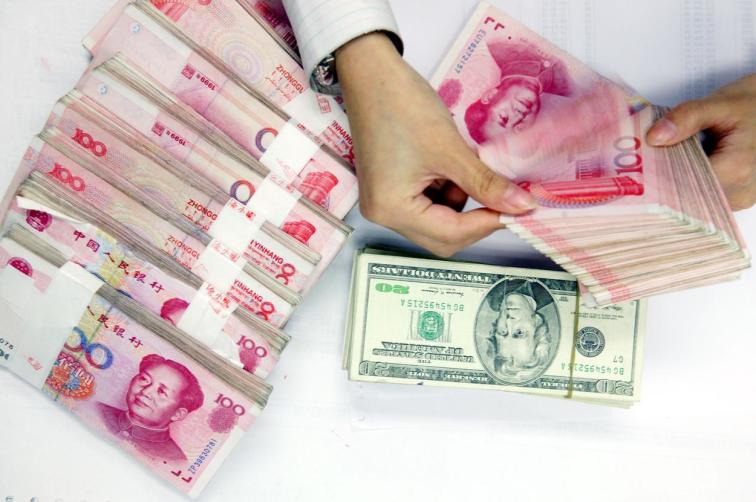
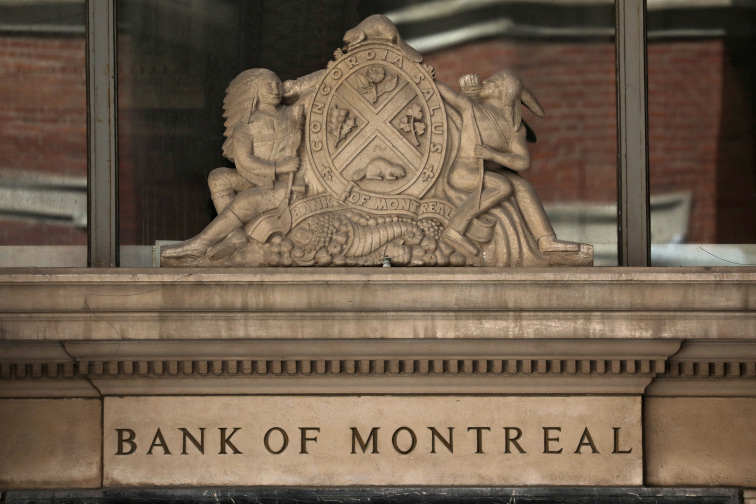
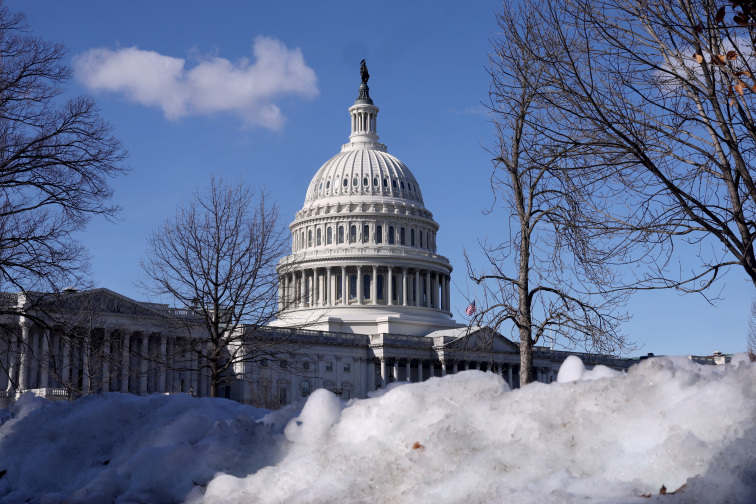
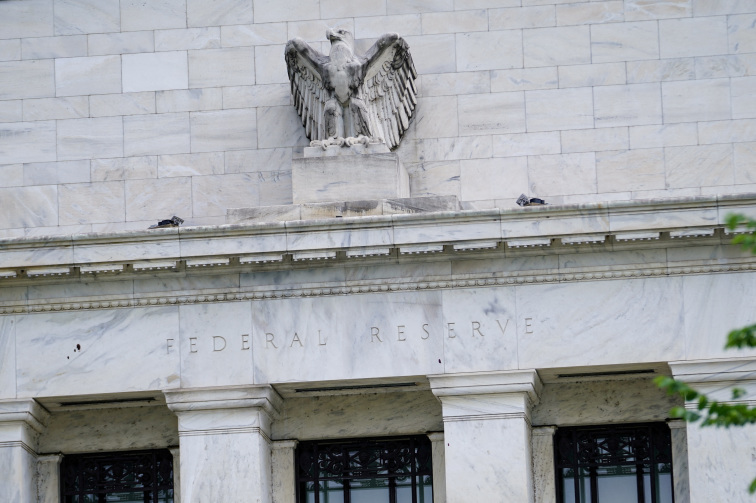
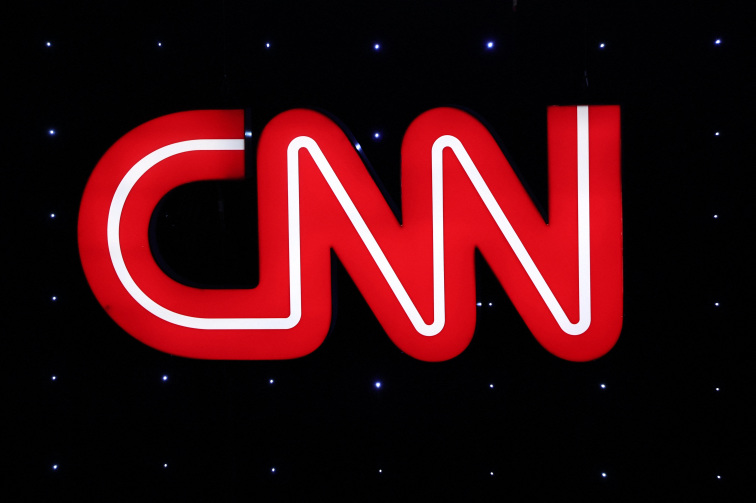


News magazine bootstrap themes!
I like this themes, fast loading and look profesional
Thank you Carlos!
You're welcome!
Please support me with give positive rating!
Yes Sure!